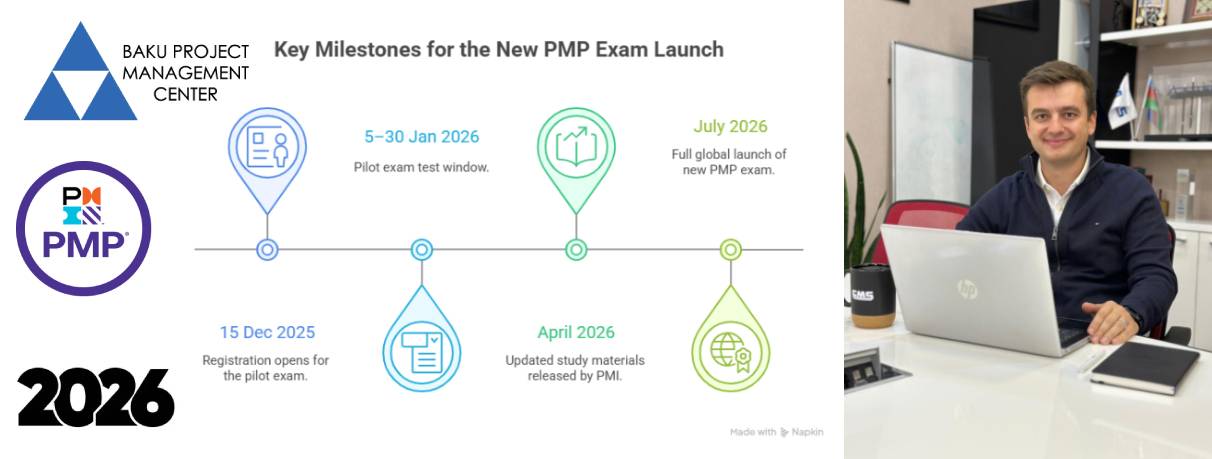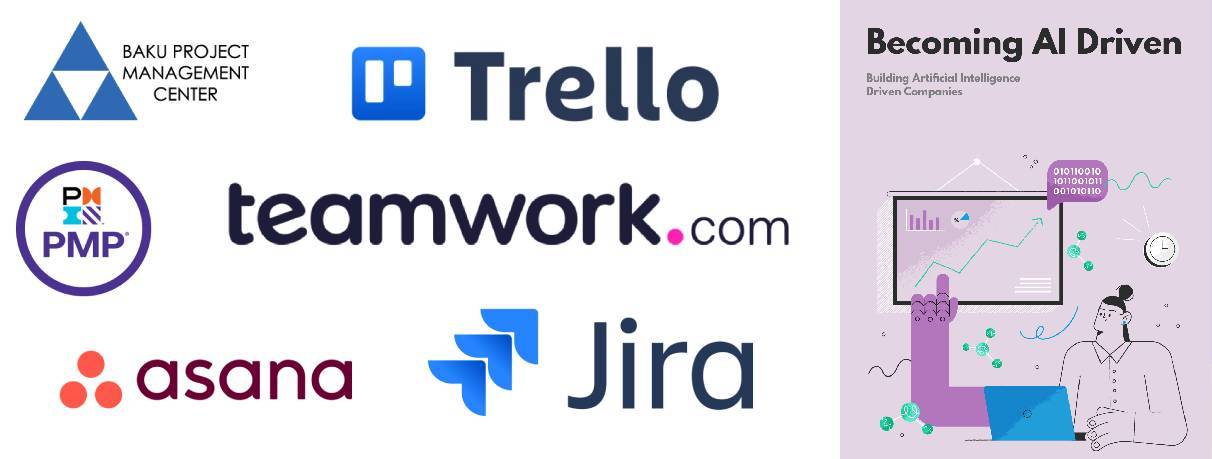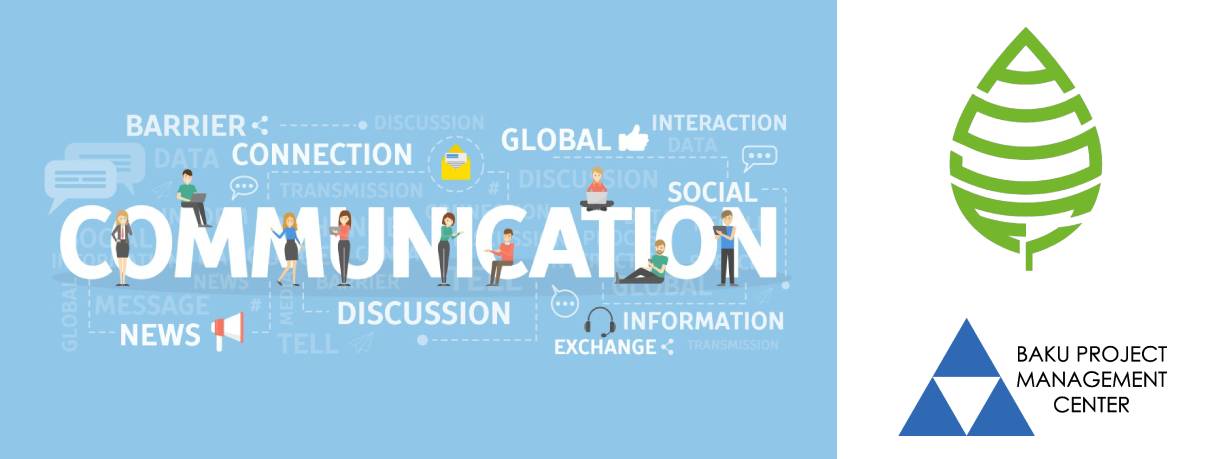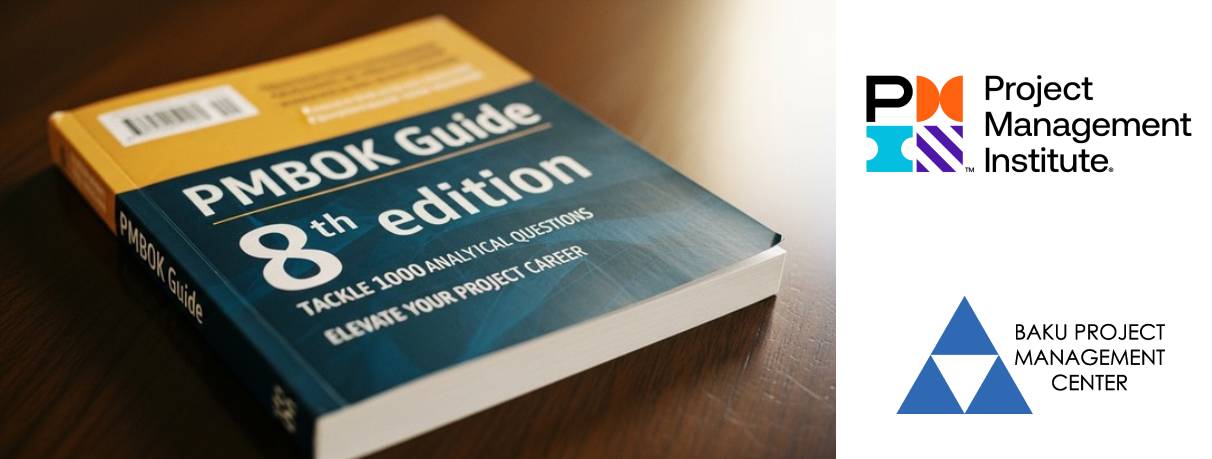The Project Management Professional (PMP)® is the most important industry-recognized certification for project managers offered by the Project Management Institute (PMI).
Certifies your talent:
The PMP credential is proof that a project manager has the experience and skills to make a project successful.
Improves your earning prospects:
Professionals with PMP credentials usually see better salary hikes than their non-certified counterparts.
Opens doors:
A PMP credential can get you access to globally renowned companies of your choice.
Applies everywhere:
Since PMP certification isn’t based on a specific methodology, the concepts and techniques can be adapted to any real-world challenge in project management, across industries, market segments and geographies.
In order to maintain your PMP credential, you will have to keep yourself abreast of best practices in the domain of project management. PMI also keeps its credential relevant by continually updating its programs.
The evaluation of worthiness for PMP certification is through an exam set by the Project Management Institute. You can apply to take this exam at one of the hundreds of PMI chapters around the world and directly online here. Once you have proven your eligibility you can proceed with the application process, which involves a $405 fee for PMI members and a fee of $555 for non-members.
Who can apply?
To be eligible to take the PMP exam there are two possible routes. These are the prerequisites: • Secondary degree, such as a high school diploma, associate’s degree or international equivalent
Or:
• A four-year degree (such as a bachelor’s degree)
As you can see from above trend line, PMP grows at a steady rate of 10%. However, last year the growth rate of PMP was 12% due to edition change from 5th to 6th edition.
https://www.clarizen.com/what-is-pmp-certification/
| |
|
|
|





